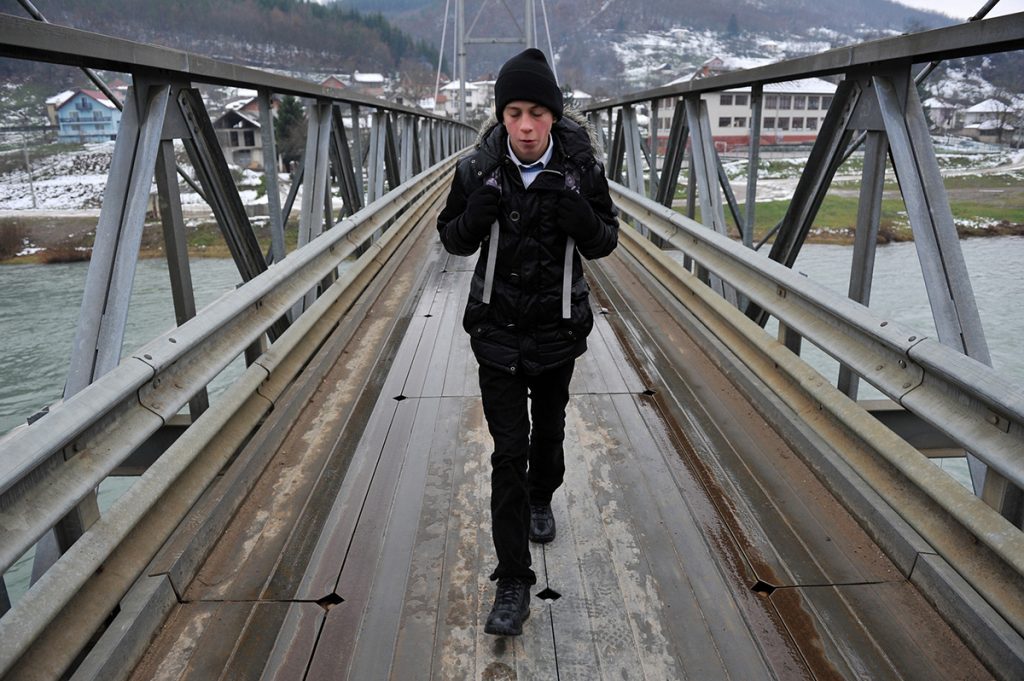
From dawn till dusk in the case of Bosnia-Herzegovina, transition always entails a dose of risk. Most of the time, it is simply fear of loss and failure. Our environment was unfortunately struck by both. Everything that once was is lost, and the fear of what will come tomorrow continues.
Instead of hoping for a better future, we constantly ask ourselves: “What am I doing here?” Harsh words, injustice, and false promises all leave their mark. The resulting scars are particularly painful for the youth and are further deepened by the realization that they will never receive what ought to be theirs.
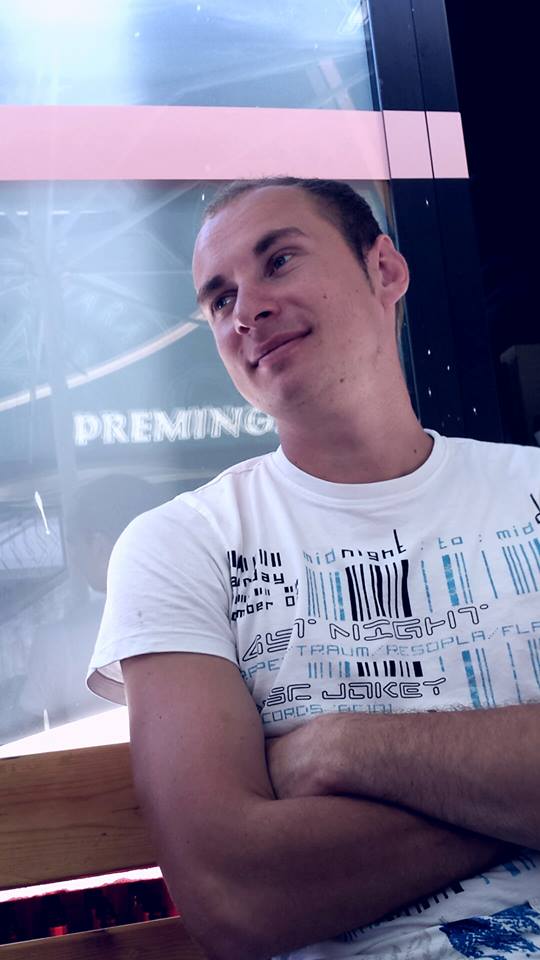
Naim Pivalic is a modest, hard-working young man. He is 23 years old and has been unemployed since he graduated from high school. The transitional process has unavoidably marked his life, and for him it seems impossible to believe in a brighter future. He says that young people are deprived of their right to work and that his town of Jajce seems unable to offer any opportunities for its youth.

Educated or not, young people are left to find their own solutions and, as a consequence, often get caught up in gambling and betting. Young people sacrifice all they have in exchange for instant and short-term gratification. “The main issue is that our reality is entirely shaped by politics,” says Boris Djogas (22), who decided to try his luck out abroad. He left Bosnia-Herzegovina because he finds it humiliating that educated people work for meager wages while the political elite take what does not belong to them. It is almost the unwritten rule that you must belong to a certain party in order to find employment. This is one of the main reasons Boris left Bosnia. He is one of many that have chosen to leave this country. Brain drain is an ever-present phenomenon in Bosnia and is rapidly increasing. People do not want to collect crumbs off of other people’s tables, but instead want to be given an equal opportunity to earn a living based on their knowledge and skills.

Generally speaking, the transitional period has made few positive contributions to the situation in Bosnia, and our local community, in particular, has remained marginalized. Jajce has entirely lost its value as a historic city. The second AVNOJ (Anti-Fascist Council for the National Liberation of Yugoslavia) session, its monuments, and its waterfalls make Jajce an important part of our history. However, during the transitional process, Jajce has seemingly been forgotten. “Young people who are supposed to build the city’s future have been neglected and no one is investing in their future,” says Asja Sahman, a student from Banja Luka. A small and irregular budget intended for investments towards youth development, the absence of scholarships and unprofessional staff in the education system all create a system that makes young people doubt whether their hard work is worth it.
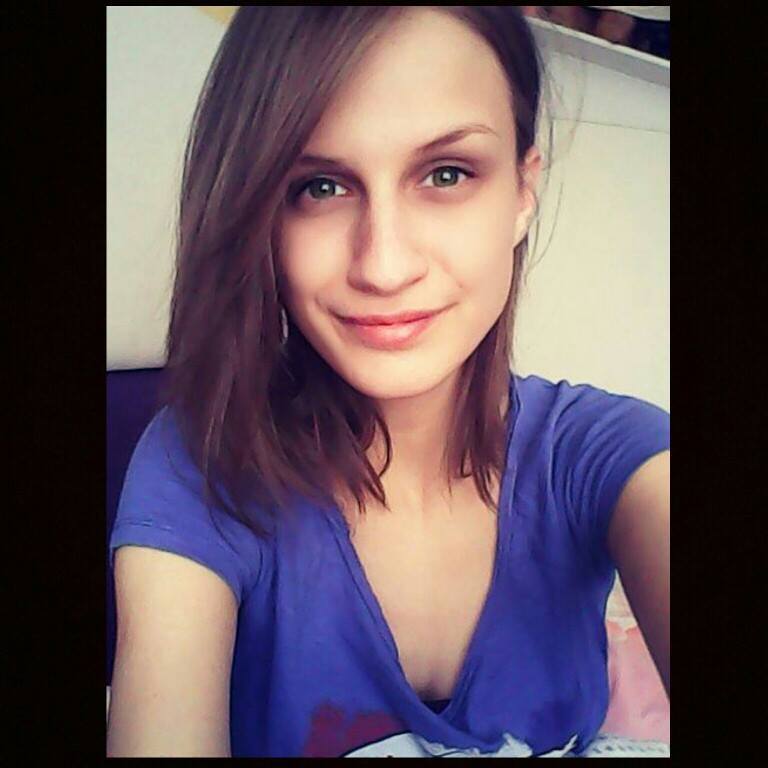
Anamarija Rajic, a second year Economics and Management student from Banja Luka, points out that it is necessary to invest in youth activism and motivate young people to engage in society’s progress. Jajce does not have any universities, which means that leaving the city is the only option for people seeking higher education.
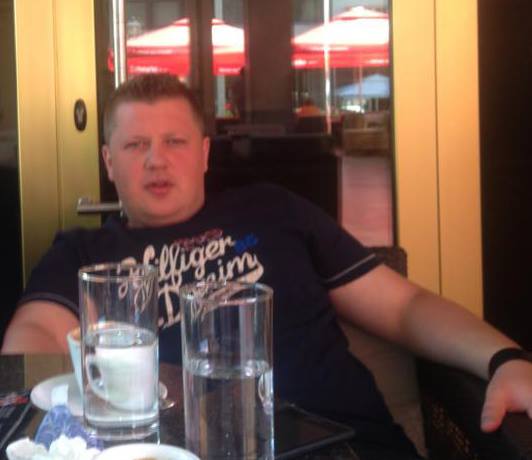
“Reconciliation and progress are well conceived, but poorly implemented,” says Nedim Glamocic, an Economics graduate from Sarajevo. He claims that the transitional process has only deepened divisions and caused disappointment and despair. National divisions were created; nations that, in reality, only correspond to certain political parties. He goes on to explain that each political party appears to be dissatisfied with what it is given and, as a result, the middle class seems to be disappearing. The gap between rich and poor has become extremely wide. The middle class is disappearing because of the commonly used “destroy-buy-sell-get rich” logic.
Nedim continues by saying, “Bosnia is in a state of constant political war. Our ruling authorities do not impose nor suffer any sanctions. The only measure that exists is whether or not someone is suitable for cooperation, or rather, if they are willing to engage in collective theft. Everything is being destroyed and the people constantly suffer.” Nedim believes that the solutions to many of Bosnia’s problems include investing in agriculture and local products, creating a system with a clear separation of powers, abolishing the cantonal structure, and appointing one president for the country. He also believes that more support should be given to facilitate the establishment of new businesses that will provide an incentive for further development and will trigger increased activeness among Bosnia’s young people.
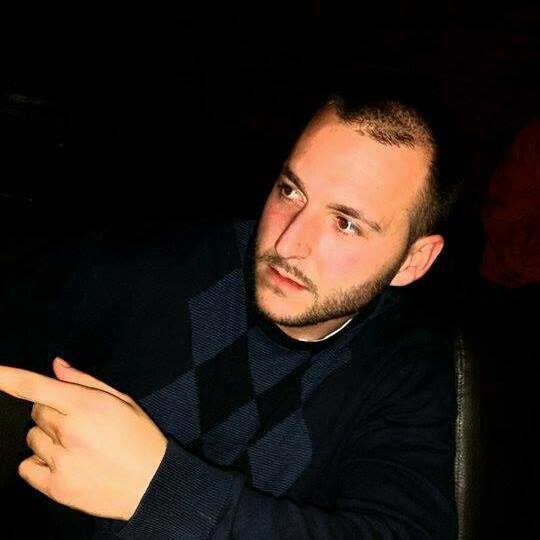
If all our young people leave the country, we will have serious issues to deal with. They must stay and fight! People capable of work need to stay; they are the only way out of this crisis. One such example is 30-year-old Bojan Lukic who decided to exchange our little Jajce for a chance to make it in the USA, with an ambition to succeed in building a new life. By talking to him I realized how challenging it was for others to accept the situation in Bosnia. It seems like young people have ideas, but no platform to utilize their potential. Bojan feels that his wishes are modest: a place to live, a car, and a job. When he was, in fact, offered a job he was appalled by the amount of money he was offered. “What am I supposed to do with so little?” he asked. What can an individual do with what is called “the minimum”, let alone an entire family? Have basic human needs and rights become a luxury? The deepest scar on a man’s face is left by the loss of his dignity.
Reconciliation has seemingly led to more division and has only connected the ruling elites with the leaders in crime. Good people have come to question what real values are, while young people are left to suffer the consequences of war. The situation seems hopeless. Radical change and increased awareness among the youth about the current situation must take place. One of the major obstacles on the road to unification and to the process of reconciliation is, of course, nationalism. It seems as though it is some hereditary disease being passed down from generation to generation. Young people who have had no contact with war distance themselves from the “others” with no adequate cause. Ours, yours, theirs… These seem to be the words that depict this transitional period.
Before we became fragmented pieces of a region, everything seemed to be okay. We called ourselves Yugoslavs and lived harmoniously. With transition we have become our own worst enemies and this is most evident in small communities such as Jajce. Individuals destroy communities. We need to clear our minds and start thinking straight. The scars of transition are, and will remain, present but a better tomorrow still exists.
We, the holders of what has been passed down to us, must do everything in our power to improve the situation. If a drop of water makes up the spectacular phenomenon that is the ocean, then a single man makes up the spectacular phenomenon that is humanity. Seemingly unimportant alone, together we are undoubtedly strong and must cooperate for the greater good. We all need just a little spark to inspire us to do great things. We are wrong to think that we are redundant and inadequate. We are all capable of fulfilling our goals; united we can do even more.






